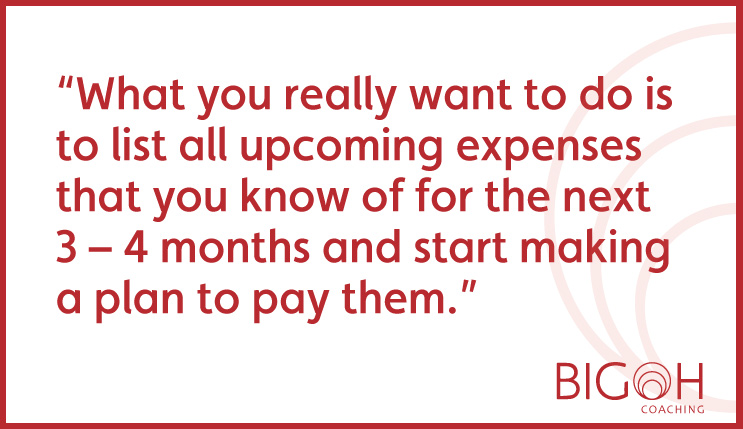21 Apr The Power of Asking Questions

Over the years, I began to learn the advantages of asking questions instead of giving answers.
Not only do questions help people clarify issues for themselves before deciding how to move forward, they also strengthen their ability to ask themselves the right questions and to become independent of you. On a personal note this rings so true.
Open versus Closed Questions
A closed question is one that you can answer with either ‘yes’ or ‘no’. They often start with the words, ‘Do you . . .’ or, ‘Are you . . .’
As the name suggests, closed questions tend to close down conversations, rather than open them up.
In contrast, open questions empower the recipient to answer however they choose. For example:
- Are you okay? (closed)
- How are you feeling? (open)
Leading versus Curious Questions
Leading questions push someone towards giving the answer you want or expect.
Curious questions, however, are phrased such that they could elicit any possible response, again provoking more thought from the answerer.
- Don’t you think it would be better to [your suggestion]? (Leading)
- What are your options? (Curious)
Complex versus Simple Questions
Overly lengthy questions, or strings of questions that run together, are too complicated to make people think carefully. Often, the simplest questions are the most thought-provoking — and the most challenging to answer.
- When you said X, it reminded me of the importance of Y. Given that Z happens, and bearing in mind A, B and C, how do you see this affecting your priorities vis-a-vis today’s changing world? (Complex)
- What’s most important to you right now? (Simple)
‘Why’ versus ‘What’ and ‘How’ Questions
This is the most controversial insight I learned about asking questions.
You’d think questions that start with ‘why’ would be the most powerful of all, but it turns out that often, they aren’t.
‘Why’ questions can trigger a defensive response from the recipient, even when they are asked with curious intentions. There’s also a slight nudge towards a single answer — usually starting with the word ‘because’ — rather than identifying many possible reasons.
Behind every ‘why’ question is a more powerful ‘what’ or ‘how’ question. For example:
- Why did you do that? (‘Why’ question)
- What outcomes did you expect when you did that? (‘What’ question)
Informational versus Reflective Questions
A question whose primary purpose is to retrieve information is unlikely to foster deep thought.
However, understanding the ins and outs of someone’s situation is not essential for asking a thought-provoking question.
While reflective questions might have little informational payoff for the person asking, they can be very powerful for the person receiving.
- How did you do in this situation? (Informational)
- What was your biggest learning from this situation? (Reflective)
Coaching Questions
Effective coaching is about asking the right questions at the right time. Michael Bungay Stanier, in his book, ‘The Coaching Havit’, introduces seven powerful questions that every leader can use with their team:
- The Kick Start Question: What’s on your mind?
- The A.W.E. Question: And what else?
- The Focus Question: What’s the real challenge here for you?
- The Foundation Question: What do you want?
- The Lazy Question: How can I help? Or what do you want from me?
- The Strategic Question: If you say yes to this, what must you say no to?
- The Learning Question: What was most useful or most valuable here for you?
? Notice how all the questions are open, curious, simple, reflective, and start with ‘how’ and ‘what’.
Holding Space for Deep Thought
There is an obvious, but important, point about asking questions: when you ask a powerful question, silence is golden.

Silence can be uncomfortable and there is a tendency to want to fill it.
A powerful question often gets you thinking about it too. It’s easy to find yourself not paying attention to the other person, and instead focusing on the thoughts in your head.
As a leader, in business, community, workplace, it pays to maintain a curious mindset.
If you want to get people to think for themselves, you have to ask more powerful questions that help others shine a light into the dark areas of their mind that they are yet to organise.
We all need good questioning from time to time, to draw out insights and come to a conclusion.
Sometimes these curious, simple, reflective questions can lead to often needed, wanted or fundamental changes to people’s lives, fortunes, businesses, thoughts, goals and ambitions.
It happened to me…could happen to you.

? Who do you rely on to ask you questions? What do you think they might ask you?
If you enjoyed this article, please comment below and share with friends and colleagues you think this may be of interest to.

